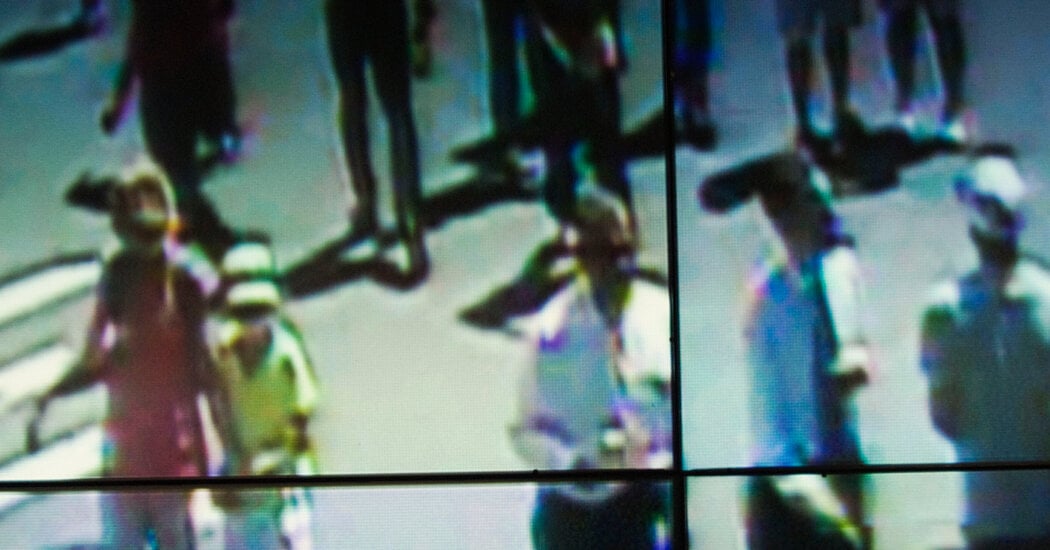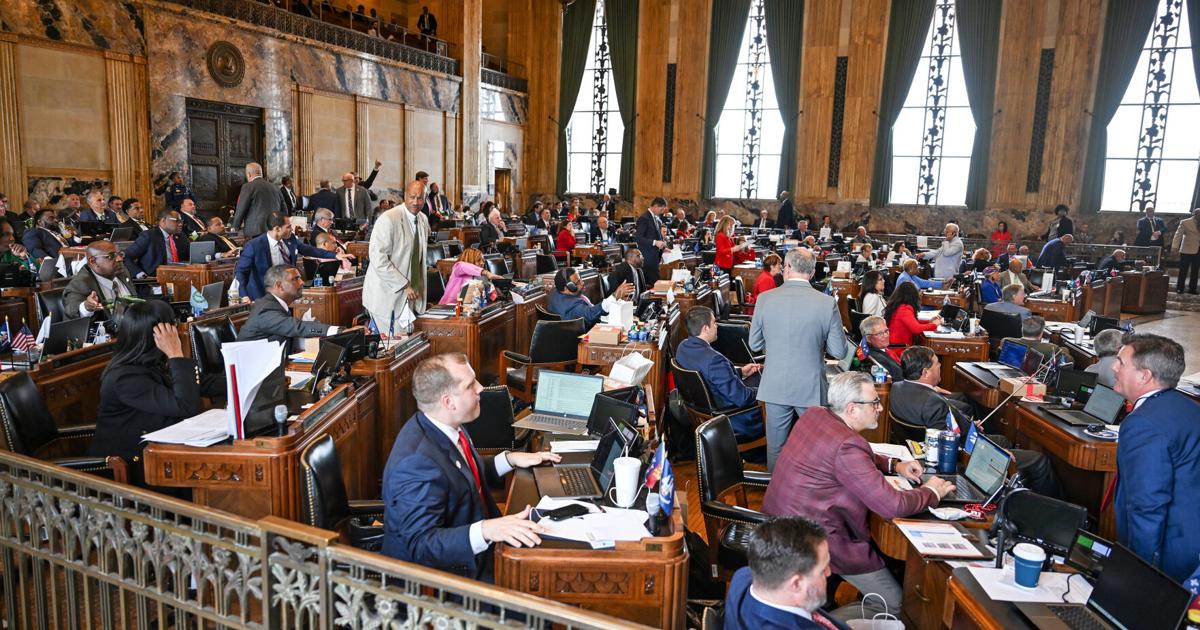Arthur Besse
cultural reviewer and dabbler in stylistic premonitions
- 35 Posts
- 117 Comments

 12·19 days ago
12·19 days agoThe headline should mention that they’re breaking 22-bit RSA, but then it would get a lot less clicks.
A different group of Chinese researchers set what I think is the current record when they factored a 48-bit number with a quantum computer two years ago: https://arxiv.org/abs/2212.12372
I guess the news here is that now they’ve reached 22 bits using the quantum annealing technique which works on D-Wave’s commercially-available quantum computers? That approach was previously able to factor an 18-bit number in 2018.
🥂 to the researchers, but 👎 to the clickbait headline writers. This is still nowhere near being a CRQC (cryptanalytically-relevant quantum computer).

 10·26 days ago
10·26 days agoAll two-letter TLDs are ccTLDs.
However, several of them are not in ISO 3166-1.

 2·28 days ago
2·28 days agoI don’t think any of his stuff would seem shocking by today’s standards.

 4·1 month ago
4·1 month agoyep, the concept of a “personal carbon footprint” was literally invented by an advertising agency working for British Petroleum https://www.theguardian.com/commentisfree/2021/aug/23/big-oil-coined-carbon-footprints-to-blame-us-for-their-greed-keep-them-on-the-hook

 4·1 month ago
4·1 month agoYou can use this design, but if you want it to accommodate 3½-inch disks you’ll need to scale it down to two thirds of its specified size before printing it.

 10·1 month ago
10·1 month agoI wrote a comment here about why sealed sender does not achieve what it purports to.

 37·1 month ago
37·1 month agoDoes your computer have a floppy drive? You might be able to find a copy of this at a secondhand store:


 21·2 months ago
21·2 months agoI really don’t get how its different than a search engine
Neither did this guy.
The difference is that LLM output is (in the formal sense) bullshit.
To answer your question: yes, YTA 🤦
Also, I’m deleting this post per asklemmy rule 3.

 9·2 months ago
9·2 months agoalso: The Oyster was an erotic magazine published in London in 1883
 23·2 months ago
23·2 months agoUpload bandwidth doesn’t magically turn into download bandwidth
Actually, it does. Various Cable and DSL standards involve splitting up a big (eg, measured in MHz) band of the spectrum into many small (eg, around 4 or 8 kHz wide) channels which are each used unidirectionally. By allocating more of these channels to one direction, it is possible to (literally) devote more band width - both the kinds measured in kilohertz and megabits - to one of the directions than is possible in a symmetric configuration.
Of course, since the combined up and down maximum throughput configured to be allowed for most plans is nowhere near the limit of what is physically available, the cynical answer that it is actually just capitalism doing value-based pricing to maximize revenue is also a correct explanation.

 3·2 months ago
3·2 months agoi’m glad somebody got the reference.
(i assume the people downvoting my comment only know the word as an alt-right thing and are unaware of its earlier etymological journey which makes it a relevant response to this thread. in fairness, I’d forgotten how far they went with it in 2016 until I just read that wowpedia page 😬)

 13·2 months ago
13·2 months agoIf copyright holders want to take action, their complaints will go to the ISP subscriber.
So, that would either be the entity operating the public wifi, or yourself (if your mobile data plan is associated with your name).
If you’re in a country where downloading copyrighted material can have legal consequences (eg, the USA and many EU countries), in my opinion doing it on public wifi can be rather anti-social: if it’s a small business offering you free wifi, you risk causing them actual harm, and if it is a big business with open wifi you could be contributing to them deciding to stop having open wifi in the future.
So, use a VPN, or use wifi provided by a large entity you don’t mind causing potential legal hassles for.
Note that if your name is somehow associated with your use of a wifi network, that can come back to haunt you: for example, at big hotels it is common that each customer gets a unique password; in cases like that your copyright-infringing network activity could potentially be linked to you even months or years later.
Note also that for more serious privacy threat models than copyright enforcement, your other network activities on even a completely open network can also be linked to identify you, but for the copyright case you probably don’t need to worry about that (currently).

 5·3 months ago
5·3 months agoIt looks like Framework only offers entry-level Radeon GPUs.
If you want to do GPU compute in a laptop and money is no object, something from Lenovo’s Legion series of gaming laptops is probably a good choice. You can get one with an RTX 4090 in it, and the series (or many models of it, at least) appears to have reasonably good Linux support. (Disclaimer: I’ve never used one.)

 2·3 months ago
2·3 months agoi think /c/[email protected] was removed due to redundancy with /c/[email protected] more than /c/[email protected].
that’s not to say it couldn’t be a place for non-news-related political discussions, but in practice it mostly got posts which would fit in worldnews.
it could be restored if one or more users with a good history wants to take responsibility for moderating it.






















Marmite was first